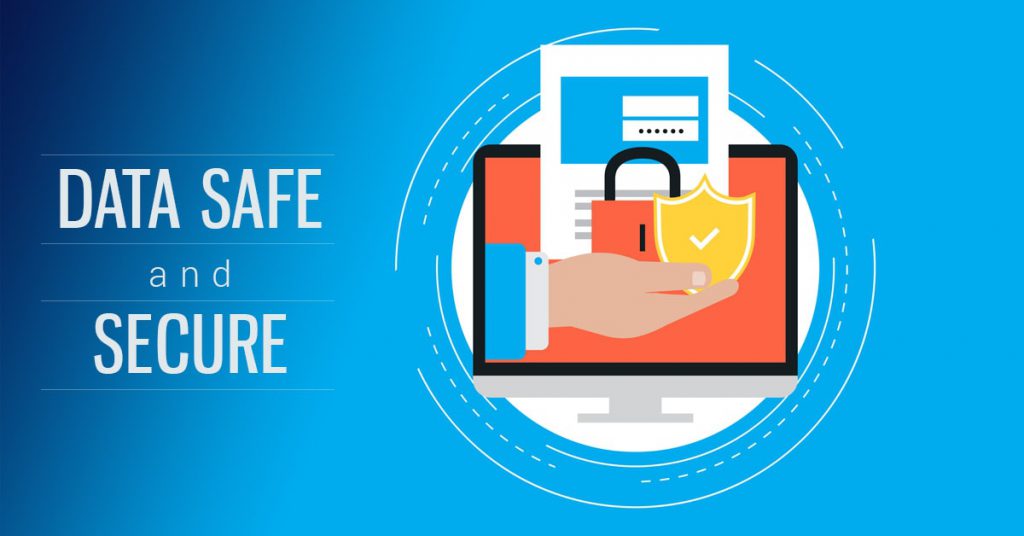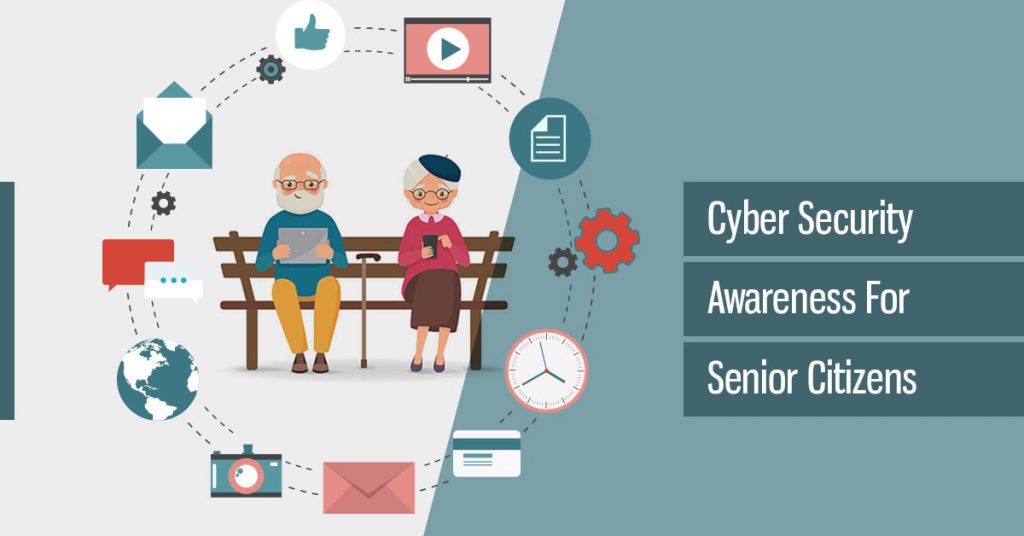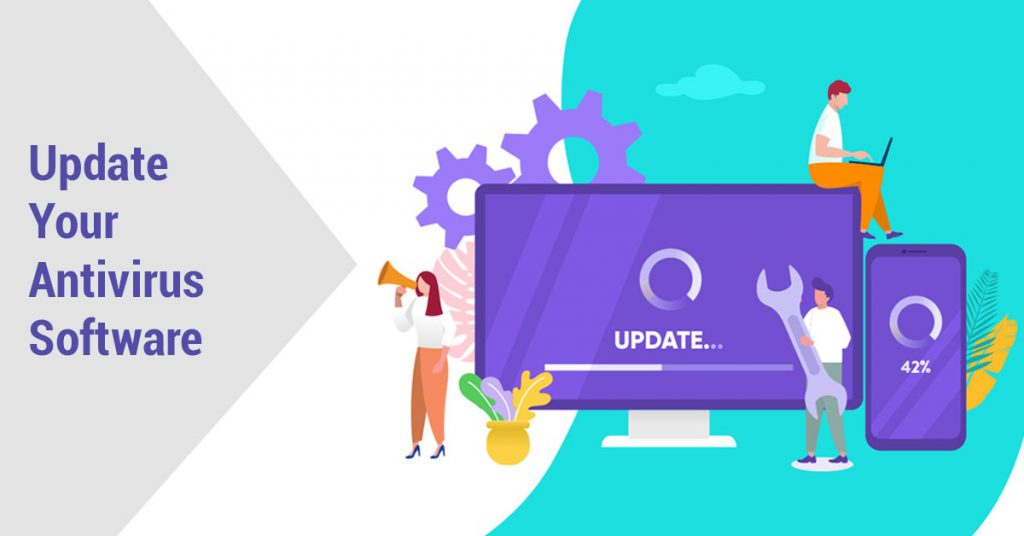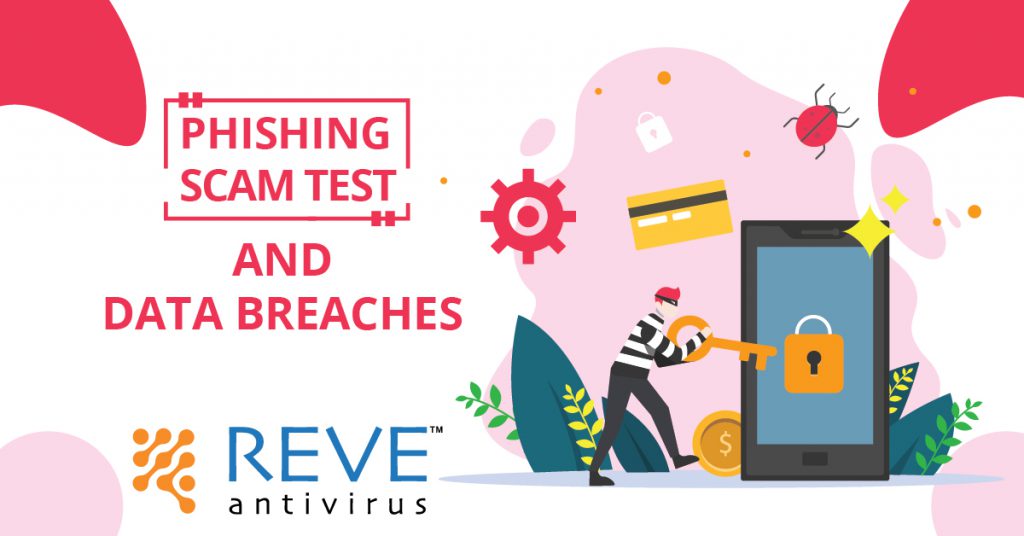
Phishing is a sort of social building attack frequently used to steal client information, including login credentials and card numbers. It happens when an attacker, taking on the appearance of a confided entity usually called as masquerading, tricks an individual into opening an email, text, or instant message. The beneficiary is then deceived into clicking a vindictive connection, which can prompt the establishment of malware, thus freezing the framework which can, in turn, reveal the private information.
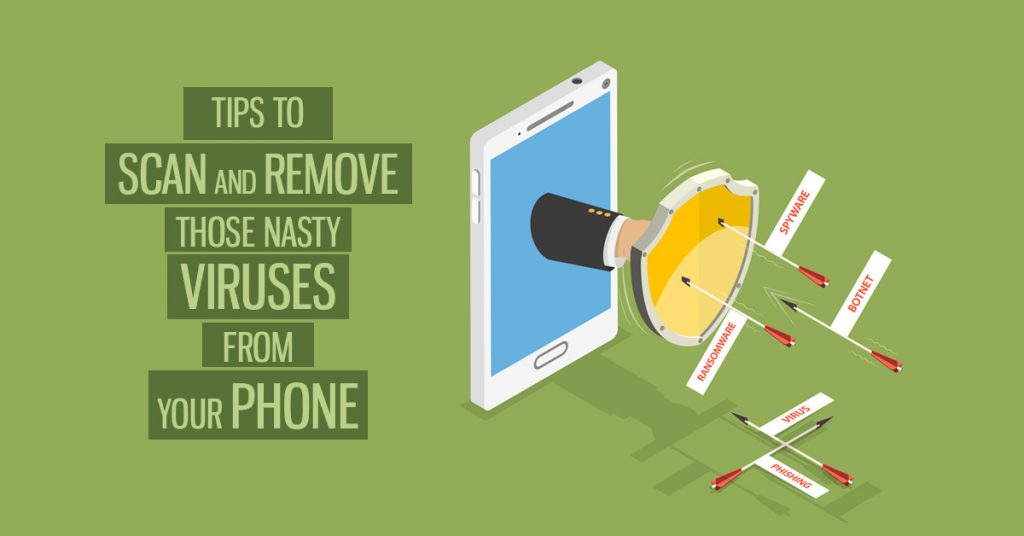
Before we explore the possibility if mobile phones can get virus, let’s learn more about the viruses itself. We all are very well familiar with computer viruses. They are malicious programs that infect and corrupt the files present in the computer, disrupting its performance and wreaking havoc on their electronic host. The thing that distinguishes viruses from other forms of malware is their ability to replicate.

What is the most common form of communication in an organisation? Yes, you are right, it is email. It has truly revolutionized the way we contact and keep in touch with the people, be it in the vicinity or abroad. Currently, there are over 2 billion active email users around the world because it’s free, convenient and user-friendly.

There is no denying that a lot of tasks nowadays are performed online, our mobile phones, laptops, and tablets have become an extension of ourselves. However, internet security has become a major issue in this digital era. This is most likely due to the hackers and cyber criminals that disguise themselves to take over the computers and steal our sensitive data and personal information

Viruses and malware are types of malicious software specially designed by cyber crooks to infect your computers. These malicious software jumps from one system to another and can wipe away all your legal and personal information. Nowadays, more and more web users are falling prey to online threats and losing their valuable data to an unrecognizable online fraudster.
- RaaS : The Dark Side of SaaS
- Hackers Target MOVEit Transfer’s Zero-Day Vulnerability, Emergency Patch Deployed
- How Scammers Are Utilizing ChatGPT? Few Tips To Be Safe
- World Backup Day: Why Data Backups are Important in Cybersecurity
- What is Social Engineering and How Cyber Criminals Use It
- Things To Know About Personally Identifiable Information (PII)
- What is Data Breach? Why and How It occurs? How To Prevent Data Breach



